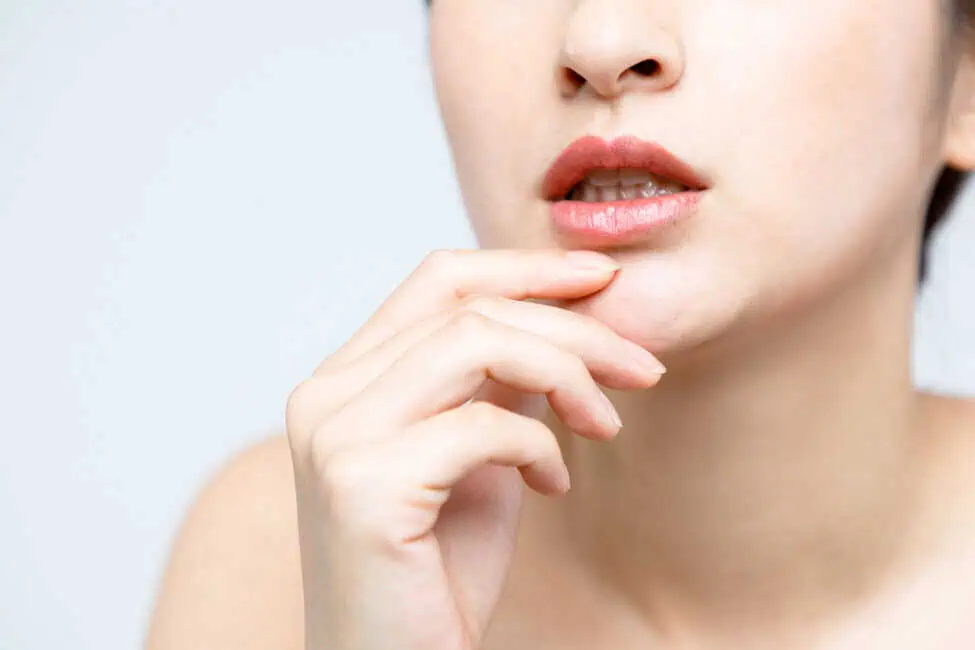It seems unbelievable when vitamins and supplements claim to promote hair growth. Can vitamins and supplements assist with hair thickening?
Many factors can contribute to hair loss or thinning, including nutritional inadequacies. Therefore, while vitamins and supplements are by no means a miraculous cure, the appropriate ones can help with hair thickening.
Here are a few supplements experts suggest, along with a look at the top vitamins for hair development.
Which Vitamins Help with Hair Thickening?
Numerous factors, including nutrition, genetics, illnesses, hormones, and stress, impact hair growth and health. According to research, a lack of vitamins and minerals necessary for healthy cell growth and function may be a factor in hair loss. Vitamins are essential for strong hair growth and could help stop hair loss and thinning.
Here are the vitamins and supplements that will help you with hair thickening.
Vitamin B
The complex B vitamins are “important for metabolism and nervous system function” and contribute to hair development. It should be no surprise that B vitamins, including vitamin B7 (biotin) and B12, are crucial for conditioning and strengthening hair.
According to research, a balanced diet can help you consume the recommended daily amounts of B vitamins. All-natural whole grains, meat, fish, whole eggs, almonds, and avocados are just a few of the foods that contain B vitamins.
Biotin (Vitamin B7)
Biotin, often known as vitamin B7 or a complex B vitamin, is regularly praised for its ability to encourage hair growth. Biotin is used to produce red blood cells, which supply the scalp and hair follicles with oxygen and nutrients. In addition, it has a role in the production of keratin, an essential component of hair.
The easiest way to get more biotin is to eat foods high. It is advised to consume milk, eggs, bananas, salmon, sweet potatoes, and almonds. Supplement labels reveal that many hairs, skin, and nails biotin products commonly exceed the recommended daily allowance. Visit your doctor if you do feel like you need an extra boost.
Vitamin A
The fastest-growing cells in the body are hair cells. Therefore, it stands to reason that vitamin A is the ideal fuel for that growth. Your body creates sebum as it absorbs vitamin A.
Sebum is the oily material that moisturizes your scalp and keeps your hair follicles strong by moisturizing both. You could get hair loss if you don’t get enough vitamin A.
You should eat foods high in beta-carotene, converted into vitamin A, if you wish to absorb more vitamin A. Beta-carotene-rich foods include kale, spinach, sweet potatoes, pumpkin, and carrots. Additionally, it can be found in milk, eggs, yogurt, and cod liver oil.
Up to 900 mcg of vitamin A per day is advised for men and 700 mcg per day for women.
Vitamin C
One of the primary causes of hair loss is oxidative stress. Oxidative stress occurs when our bodies levels of free radicals and antioxidants are out of balance, resulting in an electron imbalance and hair loss. Consuming vitamin C-rich foods is the remedy.
Antioxidants in your body prevent free radicals from damaging your hair by balancing their electrons. Vitamin C helps your body produce collagen, which delays premature graying of the hair and helps absorb iron, promoting hair growth and balancing the scales. A lack of vitamin C can be caused by smoking, consuming alcohol, and a poor diet.
Citrus fruits, peppers, strawberries, tomatoes, and guavas all contain vitamin C. You need to include these in your diet or take a vitamin C supplement because your body cannot generate it.
Adult men can have up to 90 milligrams of vitamin C daily, while adult women can consume up to 75 mg. A vitamin C overdose may cause kidney stones, heartburn, muscle cramps, exhaustion, and skin flushing.
Vitamin D
Conditions including alopecia, female pattern hair loss, and excessive shedding can all be brought on by vitamin D deficiency. People 65 and older are more likely to experience these depletions.
Fatty fish, cod liver oil, fortified foods (cereal, eggs, bread, yogurt), and mushrooms can all help you consume more vitamin D. As an alternative, you may enjoy some midday sunlight.
The recommended daily allowance of vitamin D for individuals is 600 IU. A vitamin D overdose may cause nausea, weight loss, dizziness, and problems with heart rhythm.
Vitamin E
The antioxidant power of vitamin E is equivalent to that of vitamin C. It implies it can reduce oxidative stress by restoring equilibrium to the free radicals’ electron level. People who suffer from diseases like Crohn’s or cystic fibrosis are more vulnerable to vitamin E deficits.
Hair loss can be effectively treated with vitamin E. According to a tiny study, participants who took vitamin E tablets for eight months saw a 34.5% boost in hair growth. Sunflower seeds, spinach, avocados, and almonds all contain vitamin E.
If you decide to use supplements, the daily suggested intake is 15 milligrams.
Other Nutrients that Promote Hair Thickening
Aside from the vitamins listed above, other nutrients can also help with hair thickening.
Zinc
Zinc encourages hair development and maintains the health of the hair follicles’ oil glands. Hair loss could occur if you don’t get enough zinc.
Many everyday foods contain zinc, including beef, spinach, wheat germ, pumpkin seeds, oysters, and lentils. Men should take 11 mg of iron daily, while women should take 8 mg.
Iron
Hemoglobin, a protein in your body’s red blood cells, is made with the help of iron. These cells help your body’s cells develop and heal by distributing oxygen to all of the cells. Iron deficiency can lead to hair loss, especially for women.
Foods like eggs, red meat, lentils, spinach, oysters, and clams all contain iron. Take an iron supplement if your doctor advises it.
A 45 mg daily dose of iron is advised. Remember that consuming too much iron may cause constipation, stomach discomfort, and vomiting.
Contact Contor Studios for More Hair Thickening Solutions
Contour Studios makes hair thickening easy. Contact Contor Studios with questions about hair thickening procedures by calling [phone number], sending an email to [email address], or using our contact form.






